Advertising Revolution: The Story of a Song, from Beatles Hit to Nike Slogan
£6.70
In 1987, Nike released their new sixty-second commercial for Air shoes—and changed the face of the advertising industry. Set to the song “Revolution” by the Beatles, the commercial was the first and only advert ever to feature an original recording of the FaUb Four. It sparked a chain of events that would transform the art of branding, the sanctity of pop music, the perception of advertisers in popular culture, and John Lennon’s place in the leftist imagination.
Advertising Revolution traces the song “Revolution” from its origins in the social turmoil of the Sixties, through its controversial use in the Nike ad, to its status today as a right-wing anthem and part of Donald Trump’s campaign set list. Along the way, the book unfolds the story of how we came to think of Nike as the big bad wolf of soulless corporations, and how the Beatles got their name as the quintessential musicians of independent integrity. To what degree are each of these reputations deserved? How ruthlessly cynical was the process behind the Nike ad? And how wholesomely uncommercial was John Lennon’s writing of the song?
Throughout the book, Alan Bradshaw and Linda Scott complicate our notions of commercialism and fandom, making the case for a reading of advertisements that takes into account the many overlapping intentions behind what we see onscreen. Challenging the narratives of the evil-genius ad conglomerate and the pure-intentioned artist, they argue that we can only begin to read adverts productively when we strip away the industry’s mysticism and approach advertisers and artists alike as real, flawed, differentiated human beings.
Read more
Additional information
| Publisher | Repeater (18 Sept. 2018) |
|---|---|
| Language | English |
| File size | 672 KB |
| Text-to-Speech | Enabled |
| Screen Reader | Supported |
| Enhanced typesetting | Enabled |
| X-Ray | Not Enabled |
| Word Wise | Enabled |
| Sticky notes | On Kindle Scribe |
| Print length | 120 pages |

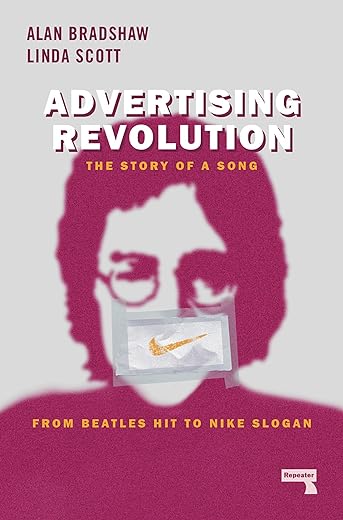
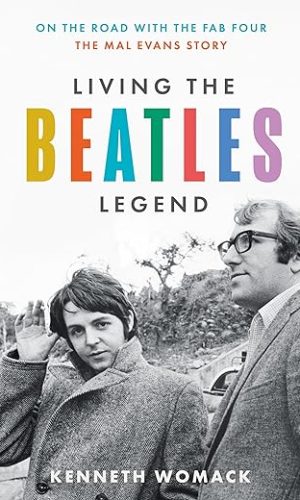
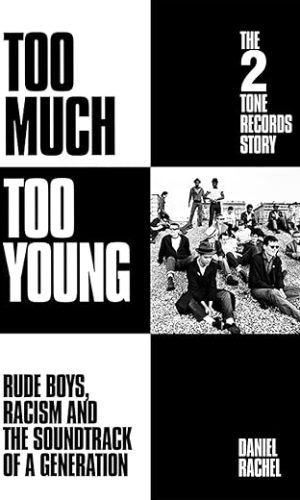


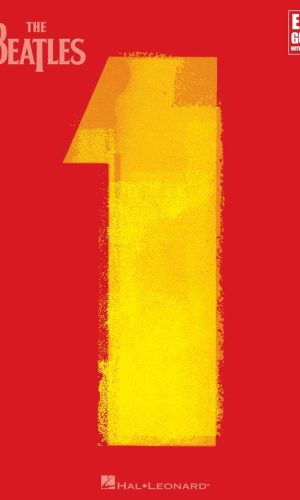

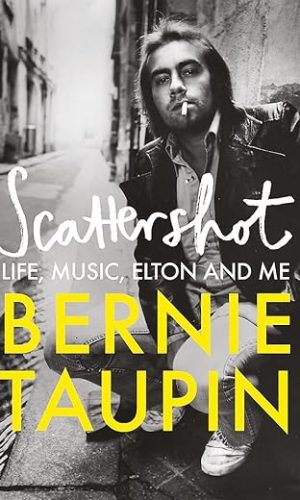
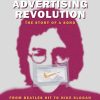
by Jonathan Kesselman
Just finished it last night. It’s release couldn’t be more timely with Nike hiring Colin Kaepernick as it’s spoke-man this week. I work in advertising, and the book helped me contextualize a lot of what we do. The book is also a great read (I’m a massive Beatles fan as well), and I highly recommend it.
by S Riaz
The Beatles had always resisted the lure of advertising, so, when Nike used the song, “Revolution,” in a 1980’s advert, it caused outrage from fans. In this short book, the authors look at the clash of rock music and the advertising industry and of how culture and politics can collide.
“Revolution,” was written in response to the 1968 riots, in a time of political upheaval. It was a period when rock music was becoming seen as artistically serious and politically engaged. There was pressure on bands to engage with the political climate – to be relevant and comment on the issues of the day. With the Beatles manager, Brian Epstein, having died in 1967, John Lennon felt more able to say things that he had felt constrained from commenting on before.
This book looks at the history of the song, of the ‘White Album,’ and, also, of the history of Nike and how the advertisement came about. The Sixties may have been very political, but, by the 1980’s, it was all about consumer culture. Having thought of using, “Revolution,” for their advertisement, Nike approached Capitol/EMI, who replied that, “we will never, ever consent to license of the Beatles music for an advertisement.” However, Yoko Ono, in a move that has been much criticised by fans, for many years, intervened on behalf of Nike. Paul McCartney, who was in something of a difficult position, felt it was Lennon’s song and that it was for Yoko to decide. However, once the advert appeared, not only many fans, but also George Harrison was outraged. Harrison claimed the advertisers had, “no respect,” and Apple records filed a lawsuit against the company.
It is interesting to consider what a song means, once it has become public property. What people think of it obviously depends upon their own interpretation. It may have started life as a political comment for the Left, but it was used by Donald Trump in his political campaign. For fans, who had lost John only a few years previously, Yoko Ono was seen as betraying the verbal agreement that the band had not to use their songs in advertisements. Indeed, it is something she still agrees to and is, generally, controversial with fans. Should long dead celebrities, like Marilyn Monroe or Audrey Hepburn, have their images used in advertisements, without their permission? Personally, I find it uncomfortable and there is certainly an argument that the advertisement may have backfired for Nike with many people.
This is something of an academic account and so will be of interest to those who work in advertising, as well as Beatles fans. I still remember my distaste when the advert appeared and found this an interesting read. I received a copy of this book from the publisher, via NetGalley, for review.